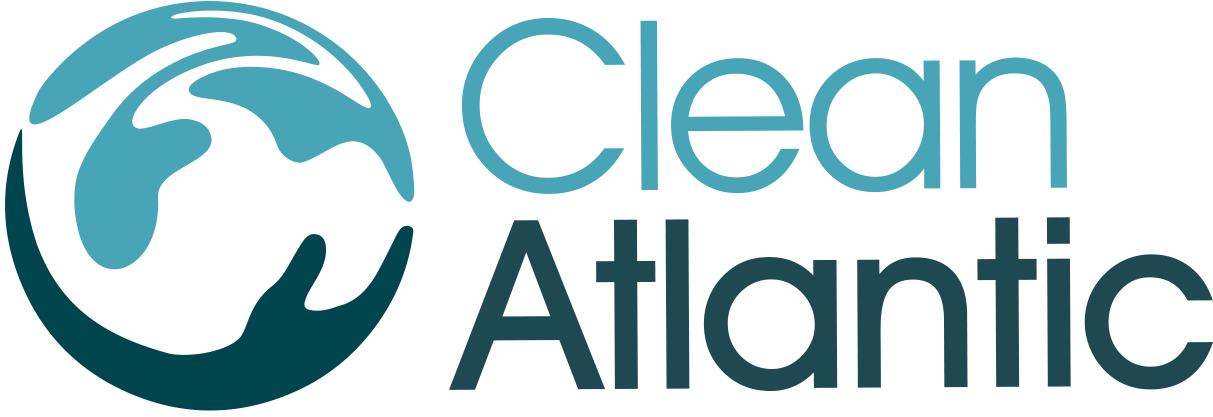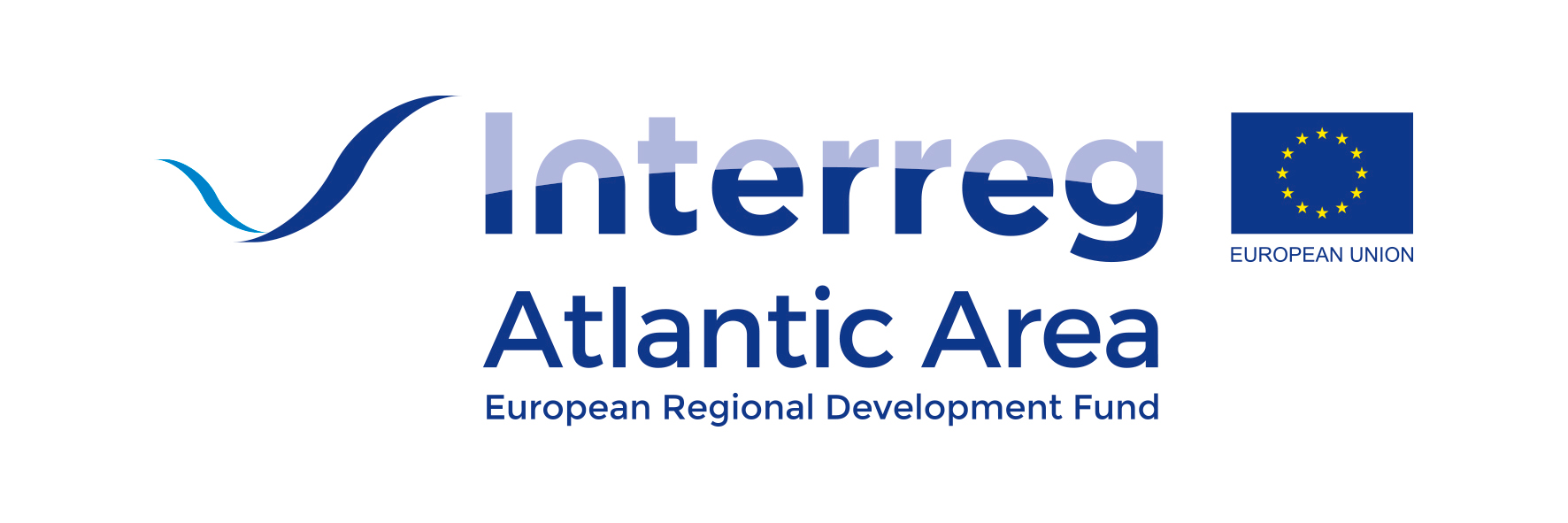|
Job: Research fellowship: Applying new technologies and remote sensing for marine litter detection;
Job/Fellowship Reference: ARDITI-OOM/2018/001;
|
| Job summary: Within the scope of the project CleanAtlantic, ARDITI (Agência Regional para o Desenvolvimento da Investigação, Tecnologia e Inovação) is seeking a research fellow with a Master degree in Marine Sciences, Oceanography, Environmental Sciences (or other field of relevance) with training and/or expertise in remote detection, imagery analysis and GIS to contribute and assist in the development, optimization and implementation of monitoring and assessment protocols of marine litter (beached and floating) combining field sampling and aerial imagery collected from RPAS (Remotely Piloted Aircraft System) platforms.
|
|
Job description: Marine litter is a global concern affecting the oceans and the coast that impacts on marine organisms and ecosystems, threatens human health and safety, and causes economic losses and aesthetic problems.
Tackling marine litter demands a cross-sectorial and multilevel approach, involving public and private stakeholders as well as NGOs and society. A number of international, EU, regional, MS and local initiatives have addressed/are tackling this global problem (e.g. MSFD, D10, OSPAR Regional Action Plans). However, consistent approaches to monitor, record, map and remove marine litter are needed and demand collaborative work and coordination. The project CleanAtlantic: Tackling marine litter in the Atlantic Area, (EAPA_46/2016), financed by Intereg Atlantic Area, aims to protect biodiversity and ecosystem services in the Atlantic Area by improving capabilities to monitor, prevent and remove (macro) marine litter. The project will also contribute to raise awareness and change attitudes among stakeholders and to improve marine litter managing systems. Within the scope of this project, ARDITI (Agência Regional para o Desenvolvimento da Investigação, Tecnologia e Inovação) is seeking a research fellow with a Master degree in Marine Sciences, Oceanography, Environmental Sciences (or other field of relevance) with training and/or expertise in remote detection, imagery analysis and GIS to contribute and assist in the development, optimization and implementation of monitoring and assessment protocols of marine litter (beached and floating) combining field sampling and aerial imagery collected from RPAS (Remotely Piloted Aircraft System) platforms. The main goal is to employ RPAS platforms (i.e. drones) to collect aerial imagery that may be used to detect and quantify beached and floating marine litter, optimize operations and analysis using field-sampling data as baseline of comparison. The successful candidate is expected to join MARE - Marine and Environmental Sciences Centre R&D Unit in Madeira, part the Oceanic Observatory of Madeira (ARDITI-OOM), at Quinta do Lorde Marina, Caniçal, Madeira, between March and April (2018). The research team of MARE-Madeira, has broad interests and formal training in marine biology and ecology, marine biogeography and invasion biology and their research is focused primarily on marine benthic communities and how these are shaped by environmental conditions and anthropogenic pressure. Admission Requirements The ideal candidate will have a Master Degree in Marine Sciences, Environmental Sciences (or other field of relevance to CleanAtlantic project and the execution of the work plan detailed below), as well as previous prior experience, including (but not exclusively):
Note: Applications will not be considered if candidates do not to meet Mandatory Requirements (in bold). Additional experience and/or training items listed will be valued and preferred. Workplan The selected fellow will assist in developing and participate in research activities (both in the field and in the lab) related to: characterizing and monitoring of floating and beached marine litter; optimized monitoring protocols employing RGB and multispectral imagery collected with RPAS (Remotely Piloted Aircraft System) platforms; validating of a marine litter distribution and dispersal model; assessing how floating marine litter as a vector of introduction to marine non-indigenous species (NIS). Specifically, the fellows' work plan will include (but not exclusively):
Scientific guidance and workplace The work will be coordinated by João Gama Monteiro (PhD) and João Canning-Clode (PhD) at the Madeira Unit of MARE - Marine and Environmental Sciences Centre, in Quinta do Lorde Marina, Caniçal, Madeira Island (Portugal). Duration 12 months, renewable up to 24 months Salary ARDITI fellowship stipend for a BI-Master (980€) is as determined by 'FCT - Fundação para a Ciência e Tecnologia' (http://www.fct.pt/apoios/bolsas/valores.phtml.en). Evaluation criteria The following evaluation criteria will be applied: FS = Qualifications (QA) + Experience (EP) + Interview (IN) FS - Final Score - Sum of Qualifications, Experience and Interview scores (if applicable), to a maximum of 40 points QA - Qualifications - Maximum score of 10 points: Master Degree in field of relevance (e.g. Marine Biology, Ecology, Oceanography, Remote Sensing). EP - Experience - Maximum Score of 20 points as follows:
(note: Mandatory requirements in bold. Failure to meet such requirements are motif for exclusion. If there are no applications with mandatory requirements, the jury may decide to consider remaining applications). IN - Interview Top three candidates may be invited for an interview (in person or remotely) if QA + EP scoring has a maximum difference of 2 points or lower. Maximum score of 10 points. Selection panel
Application contents
Anouncement of the results An email message with the result of the recruitment process will be sent to each applicant. Application submission and deadline Applications should be submitted by email to the following address: Deadline for application: 23/02/2018, 17:00 (Lisbon/Madeira Island Time). Notes:
|
Vacant posts: 1 |
| Type of contract: Other |
| Job country: Portugal |
| Job city: Madeira |
| Job company/institute: Oceanic Observatory of Madeira - ARDITI |
 |
 |


